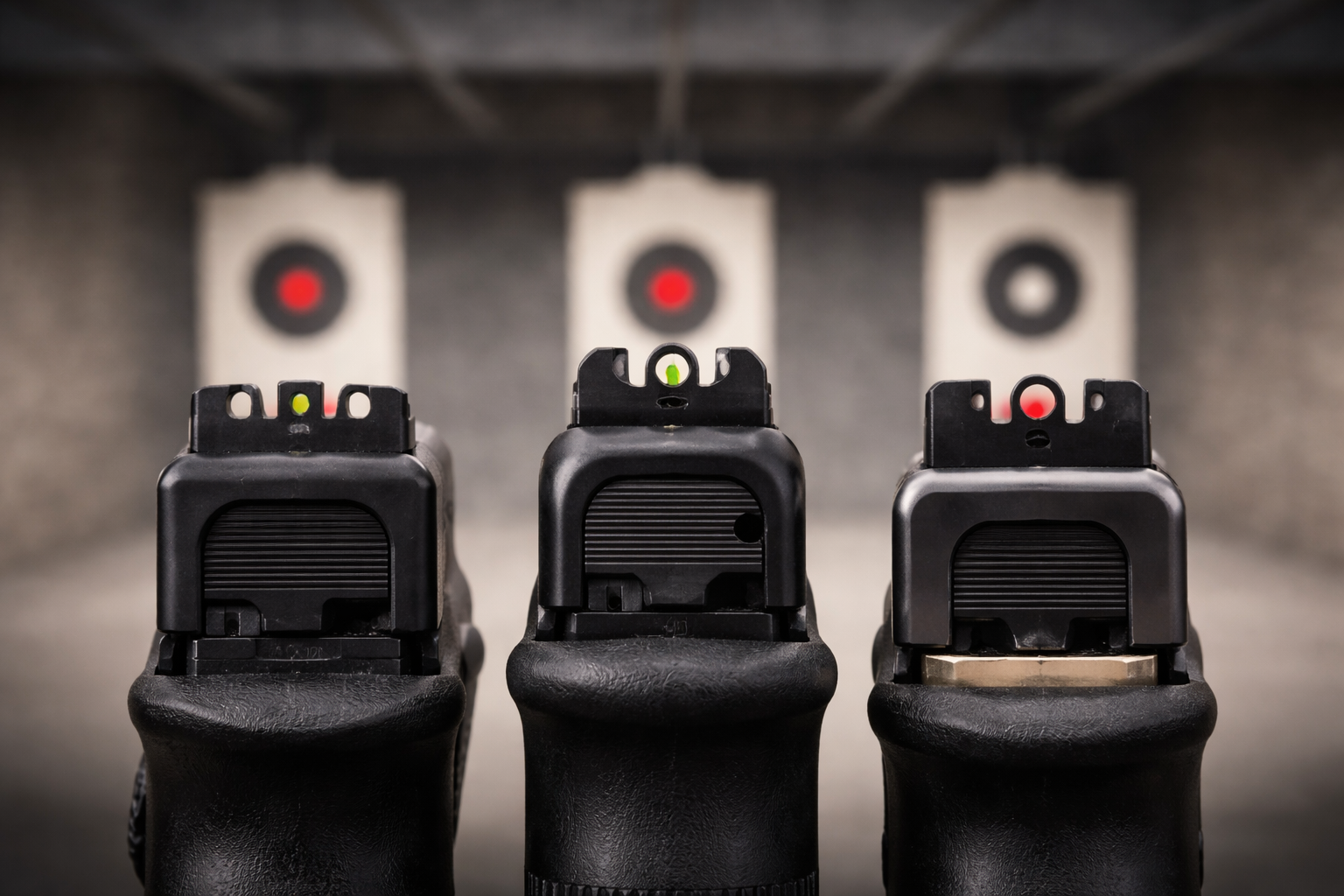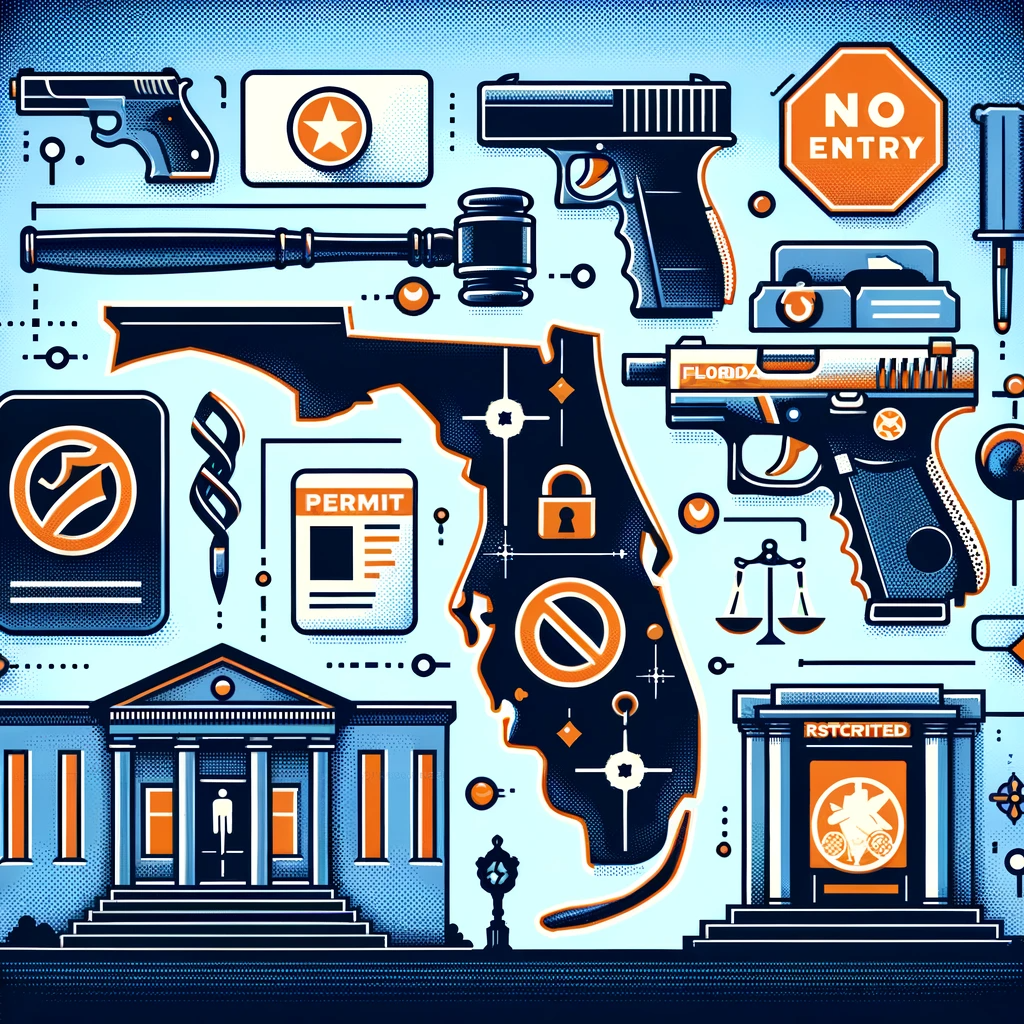Engaging in Constructive Conversations About Firearms
In today’s polarized climate, discussions about firearms often evoke strong emotions and entrenched positions. For gun owners, engaging with individuals unfamiliar or uncomfortable with firearms can be challenging. However, fostering understanding through respectful dialogue is crucial.
Understanding the Roots of Discomfort
Many individuals’ apprehensions about firearms stem from a lack of exposure or negative portrayals in media. Recognizing this, it’s essential to approach conversations with empathy and patience.firearmslegal.com
Strategies for Effective Communication
-
Maintain Composure: Approach discussions calmly, avoiding confrontational tones. A composed demeanor encourages open dialogue.firearmslegal.com+3The Washington Post+3firearmslegal.com+3
-
Acknowledge Valid Concerns: Recognize and validate genuine fears or misconceptions. This builds trust and opens avenues for information sharing.
-
Share Personal Experiences: Relate your reasons for firearm ownership, whether for sport, protection, or tradition. Personal stories can humanize the topic.Center for the Study of Traumatic Stress+3firearmslegal.com+3The Trace+3
-
Educate, Don’t Preach: Offer factual information about firearm safety, laws, and usage without sounding didactic. Encourage questions and provide clear answers.
Engaging Specific Audiences
-
Children: Introduce firearm safety gradually, emphasizing respect and responsibility. Use age-appropriate language and ensure supervised exposure.firearmslegal.com+1firearmslegal.com+1Everytown+1The New Yorker+1
-
Individuals with Anti-Gun Views: Focus on common values like safety and family protection. Avoid political debates; instead, share personal narratives and listen actively.firearmslegal.com+1agirlandagun.org+1
Building Bridges Through Shared Experiences
Inviting skeptics to controlled environments like shooting ranges can demystify firearms. Hands-on experiences, under professional supervision, often alleviate fears and foster understanding.
Conclusion
Constructive conversations about firearms require empathy, patience, and a willingness to listen. By focusing on shared values and personal experiences, we can bridge divides and promote mutual understanding.


